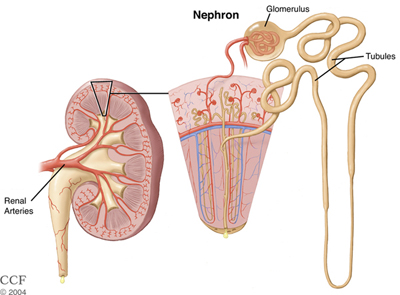Excretory system
Now that the blood has gone throughtout the body to distribute nutrients, it has also collected wastes that must be expelled. The system by which organisms get rid of wastes is called the excretory system.
What wastes do we have to get rid of?
Carbon dioxide
Broken cell parts
Heat
Extra stuff (particularly salts)
And something called urea which is something your liver makes when it detoxifies nitrogen products.
There may be a few more, but these are the major wastes your body has to get rid of.
You will notice that feces (poop) is not on this list. It is not a waste your body produces. Instead, it is simply undigested food that never really became a part of you.
How do simple organisms excrete? You guessed it--diffusion (or exocytosis):

More complex organisms often mix their excretion into their undigested material and essentially poop and pee at the same time.
In humans:
What are the organs of excretion?
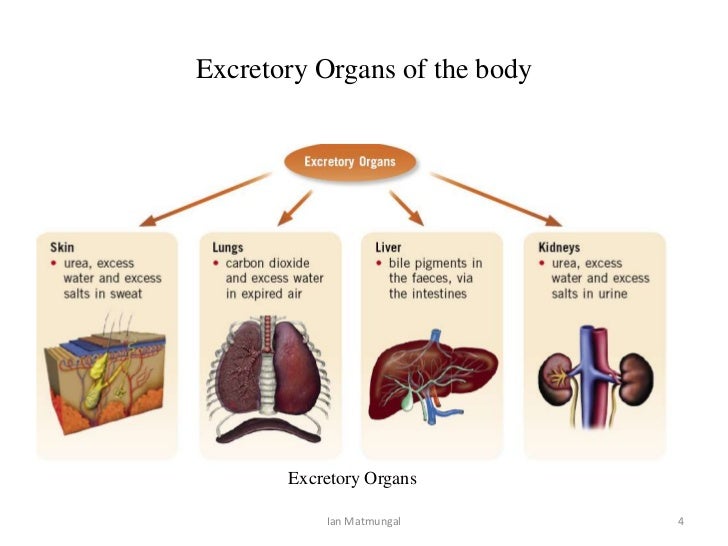
First and foremost in this unit are the kidneys:
You have two kidneys and they filter your blood constantly. They are about 10 cm long and located near your lower back. Almost everything gets dumped out of the blood and only the desired things get reabsorbed.
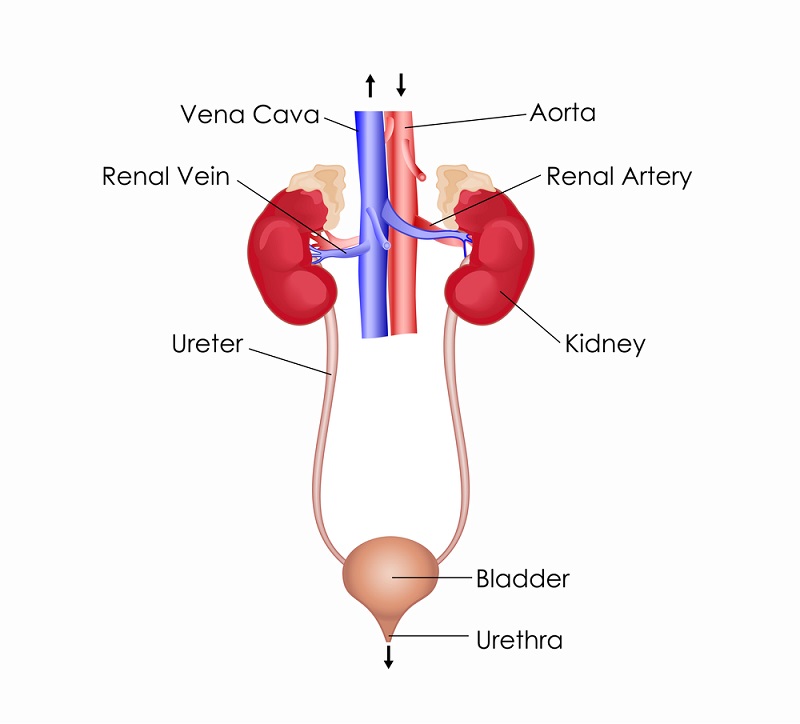
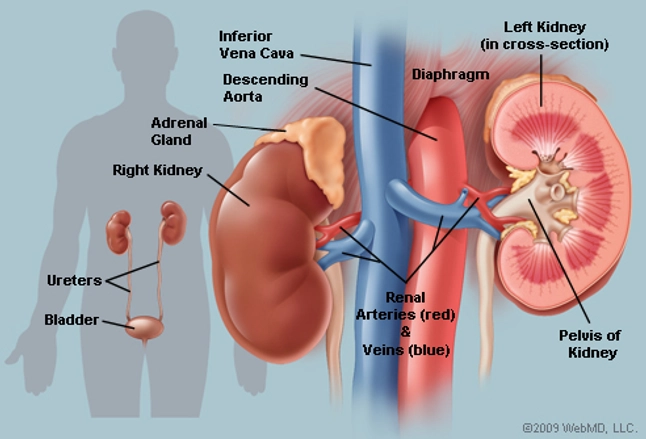

The functional part of the kidney is called a nephron. You have about one million nephrons within each kidney.



The deeper the medula, the longer the loop of Henle, the saltier the kidney, the more concentrated the urine.
Why do you suppose kidneys filter by dumping everything out and using energy to reabsorb only the desirables instead of using less energy to pump out just the bad things?
Basically, your body has no way of knowing what stuff you will put in it, so the only way to be sure to get rid of things is to dump it all out and only absorb the things you want (sugar, salts, other nutrients, etc.).
The liver is vital in detoxifying toxins in your blood:
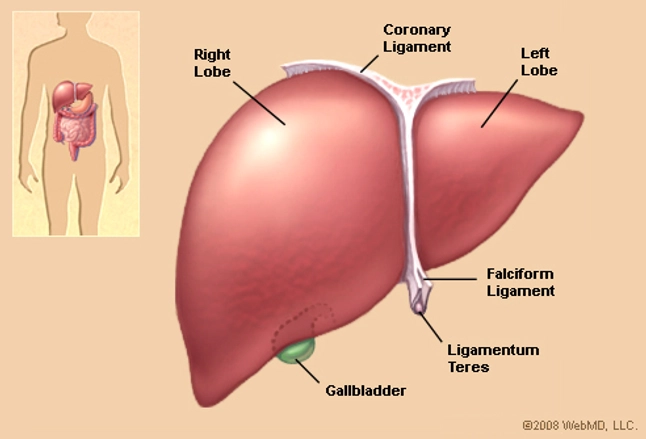
It takes some time to detoxify things, but it is an important job.
Your skin excretes sweat to cool you off:
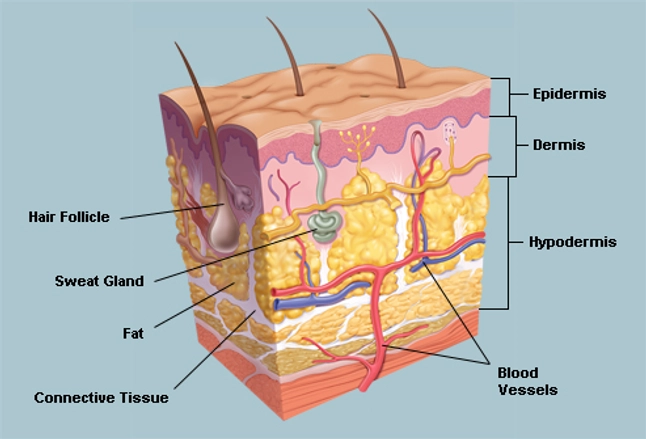
Since skin is your largest organ, let's take some time to explore it.
Let's map sweat glands.
How do you keep these organs healthy?
Your kidneys need lots of water or else they can crystalize some of those salts into kidney stones.
Your liver does not do well with excess (it also really suffers from hepatitis).
Your lungs function best when used and not having particles inhaled (i.e. smoke)
Your skin needs regular cleaning and vitamin E.
